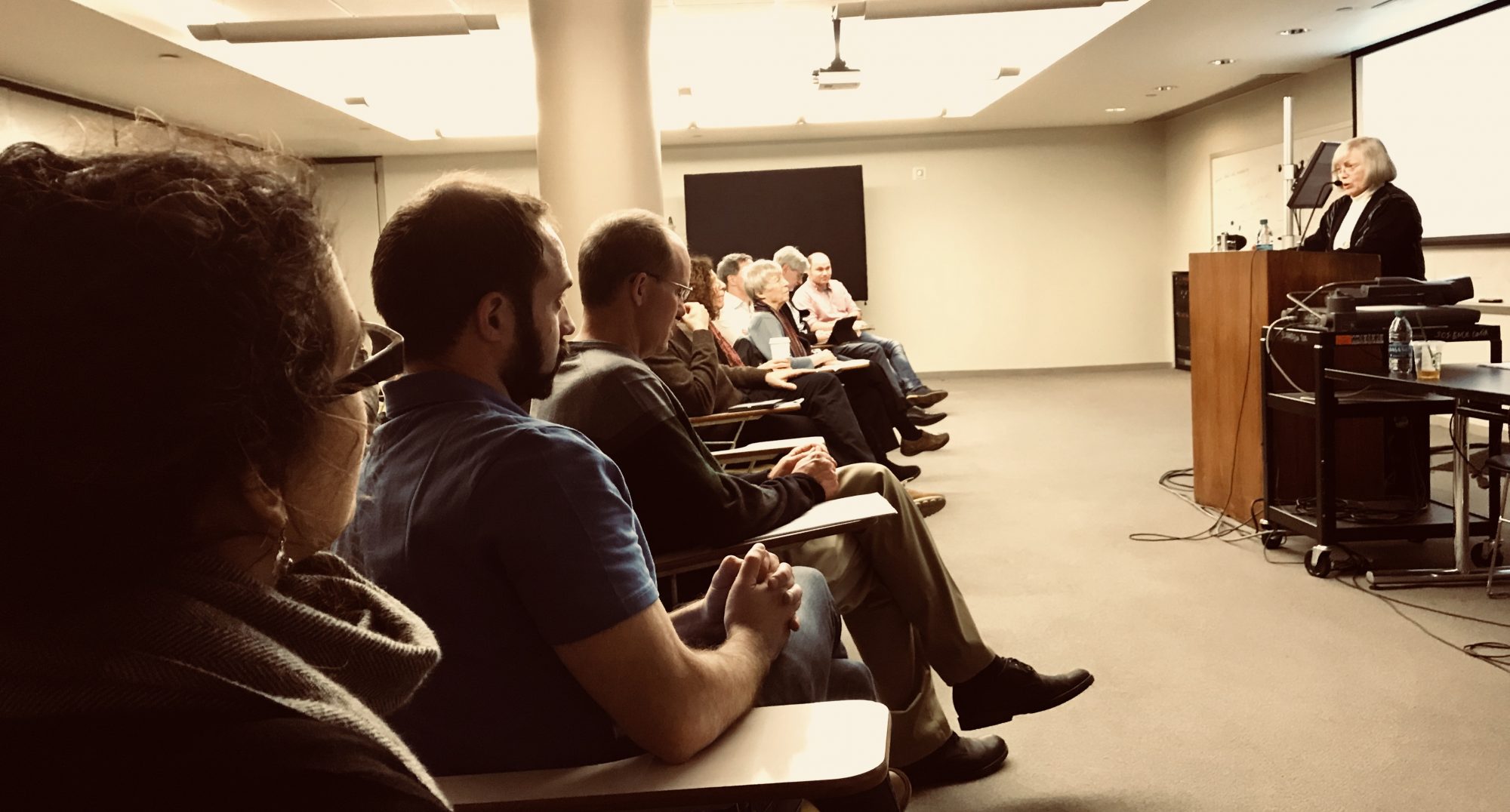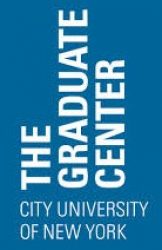Spring 2020 Colloquium Series: Rachel Heiman 2.28.20
RACHEL HEIMAN, The New School
February 28, 2020 4:15 – 6:15 pm in room C415A (one floor below the Lobby) Ph.D. Program in Anthropology | The Graduate Center, CUNY
SUSTAINABLE SUBURBANISM IN THE AMERICAN WEST: an unlikely convergence of Mining, Mormon, and Planning Practice
ABSTRACT: This talk draws on four summers of fieldwork in an unlikely site for the production of environmental subjects and expertise: a massive master-planned community in Utah spearheaded by one the largest mining conglomerates in the world and developed with equal parts attention to sustainable suburbanism and values of Latter-day Saints (Mormons). Now 16 years into an anticipated 30-year build out on remediated mining lands, the suburb in which the project is located is one of the fastest growing U.S. cities and has become an object lesson in sustainable development in politically conservative areas of the American West, including for its award-wining advanced stormwater retention system that integrates landscape architecture, infrastructural design, and earthquake preparedness. My research sheds light on the generative power of diverse temporalities and modes of legitimacy in this long-term build-out, as architects, mining officials, planning non-profits, builders, municipal workers, residents, marketers, master gardeners, and politicians negotiate aspirations for—and anxieties about—the material, social, aesthetic, and environmental future of the American suburb.
Spring 2020 Colloquium Series: Alex E. Chávez
Chávez Verses and Flows: Migrant Lives and the Sounds of Crossing
Alex E. Chávez
Nancy O’Neill Assistant Professor of Anthropology, University of Notre Dame
ABSTRACT
In his award-winning book Sounds of Crossing: Music, Migration, and the Aural Poetics of Huapango Arribeño (Duke 2017), Dr. Alex E. Chávez explores the contemporary politics of Mexican migrant cultural expression manifest in the sounds and aural poetics of huapango arribeño, a musical genre originating from north-central Mexico. In this presentation, he draws on this work to address how Mexican migrants voice desires of recognition and connection through performance, and the politics such desires attain amidst the transnational context of migrant deportability. As a researcher, artist, and participant, Chávez has consistently crossed the boundary between scholar and performer in the realms of academic research and publicly engaged work as a musician and producer. In this presentation, he draws on these experiences to address the politics of his intellectual and creative work and how he engages both to theorize around the political efficacy of sound-based practices, the “voice,” and the disciplinary futures of borderlands anthropology.
Friday, February 21, 2020
4:15-6:15 PM | room C415A
The Graduate Center | 365 Fifth Ave.
gc.cuny.edu/anthropology
Spring 2020 Colloquium Series: Feb. 7 Nina Glick Schiller
Dispossession: A Conjunctural Analysis
Nina Glick Schiller, Max Planck Institute for Social Anthropology
Abstract: Analyses of emerging processes of capital accumulation through dispossession can illuminate both ethnographic research and struggles to build inclusive movements for social justice at a global conjunctural moment of racist authoritarianism and the rise of a neo-fascist “right’. After examining the current moment and debates about the nature and contemporary significance of accumulation by dispossession, I link these debates to the anthropology of migration, cities, and social movements.
Video: Community in the Anthropology PhD Program
To learn more about the Anthropology Program at the CUNY Graduate Center and how to apply:
https://anthropology.commons.gc.cuny.edu/letter-to-prospective-students/





